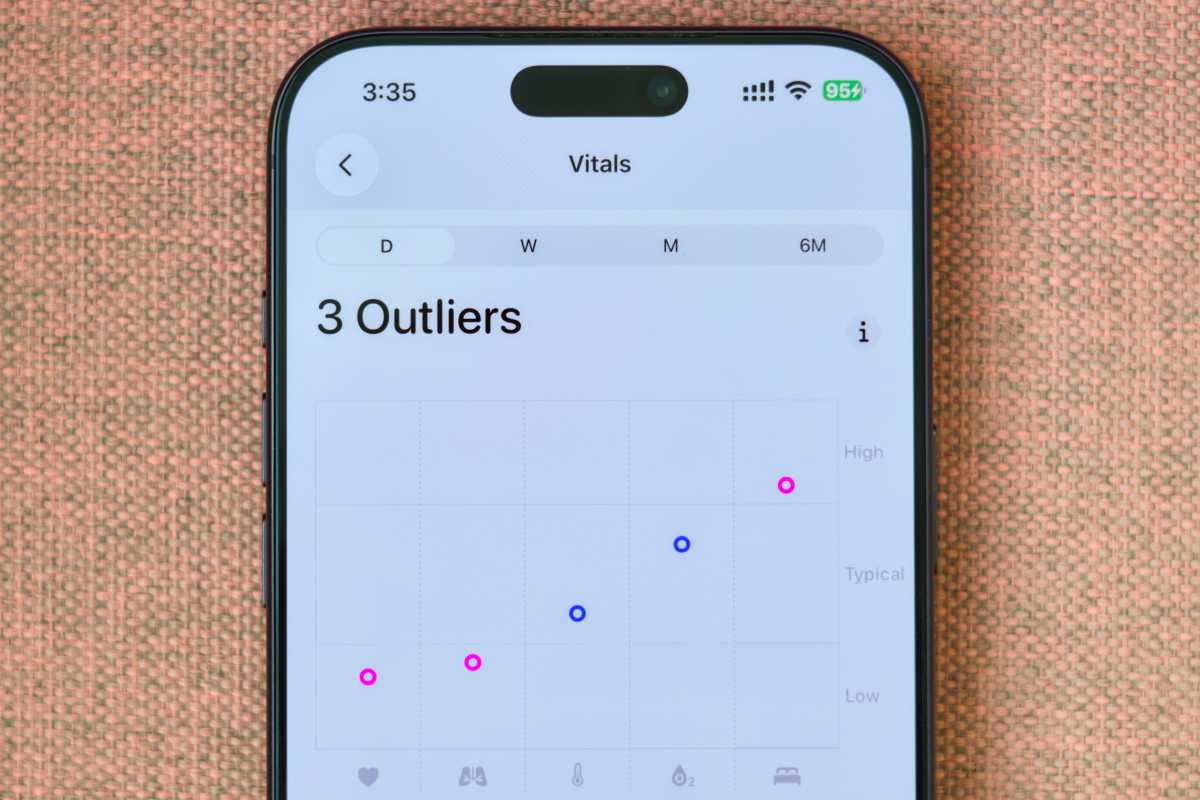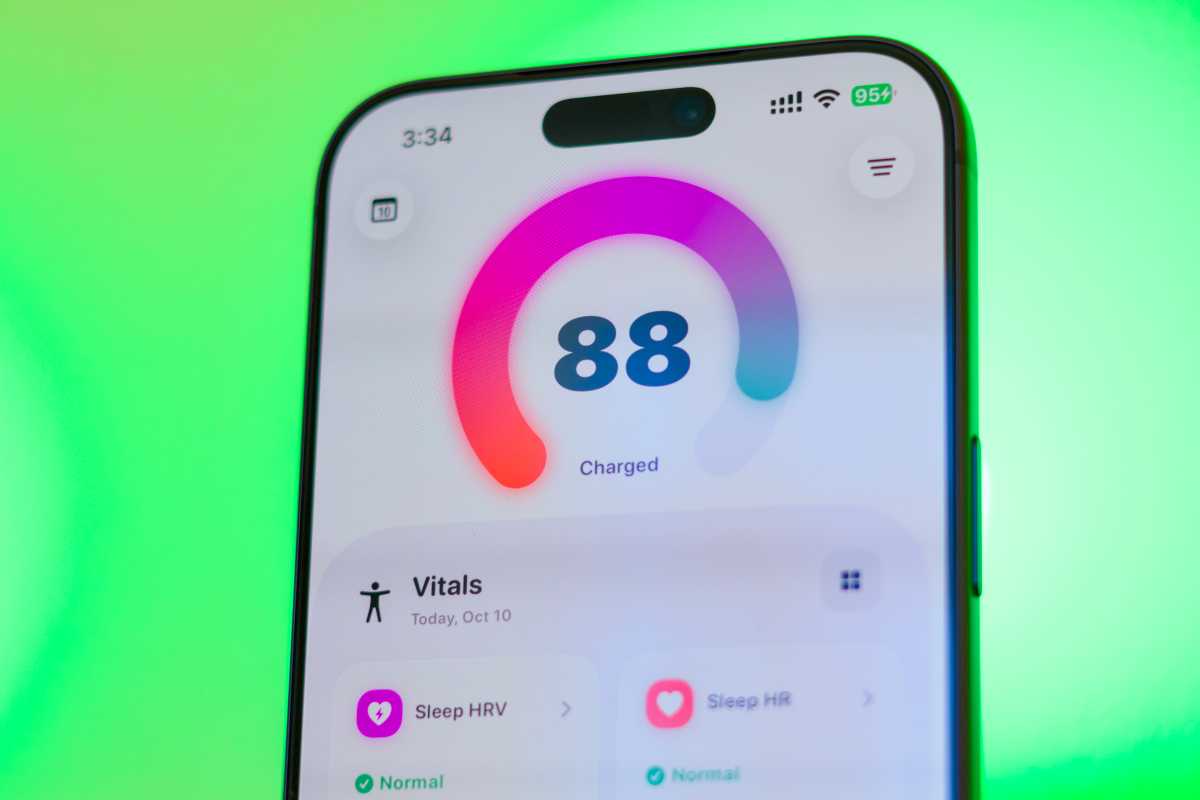The promise was tantalizing: a single number to unlock the secrets of a good night’s sleep. Apple’s new Sleep Score, unveiled with fanfare at the iPhone 17 launch, aimed to distill the complexities of rest into a simple, understandable metric. But after a month of testing, the reality feels…familiar.
It’s not a breakthrough, not a revelation. Sleep Score isn’t gathering new data, nor is it performing any deeper analysis of your health. It’s essentially the same sleep tracking you’ve had on your Apple Watch, repackaged with a score attached.

The system itself is straightforward. A 100-point scale, weighted by three key factors: sleep duration (50 points), bedtime consistency (30 points), and sleep interruptions (20 points). Eight hours of sleep gets you the full duration score. Regular bedtimes boost consistency. Minimal wake-ups earn the interruption points. Achieving a perfect 100 is possible, and surprisingly easy to do, but that’s where the problem begins.

A perfect score doesn’t guarantee restorative sleep. Imagine being ill, relying on medication to get through the night. You could easily achieve 100 points, yet wake up feeling utterly drained. The score doesn’t account for the nuances of *how* you slept, only *that* you slept. Crucially, it ignores vital health indicators.
Where is the resting heart rate? The heart rate variability? These are powerful signals of sleep quality and overall well-being, completely absent from the equation. The impact of yesterday’s workout, the calories burned, even your respiratory rate, wrist temperature, and blood oxygen levels – all disregarded. Sleep Score feels strangely…incomplete.
It delivers on its name – it scores your sleep – but fails to innovate. It’s a UI refresh, a cosmetic update masquerading as a significant feature. A truly useful tool would look beyond the basics, integrating a wider range of health data to provide a holistic view of your recovery.
Consider the “body battery” approach used by some third-party apps. These tools analyze workouts, heart rate, mindfulness minutes, *and* sleep data to estimate your overall energy levels. They don’t just tell you how long you slept; they tell you how well you’re recharged.
This comprehensive analysis provides a dynamic score that fluctuates throughout the day, reflecting your activity and physiological state. It accounts for weeks of data, offering a realistic representation of your energy reserves, unlike Sleep Score’s static, single-night assessment. It’s a far more insightful metric.
Hope remains. Rumors of a future Apple Health+ service, powered by AI coaching, suggest a more ambitious vision. Perhaps then, Apple will unlock the full potential of its health data, delivering a truly meaningful and personalized sleep analysis. Until then, Sleep Score feels like a missed opportunity – a promising idea that, for now, falls short of its potential.






